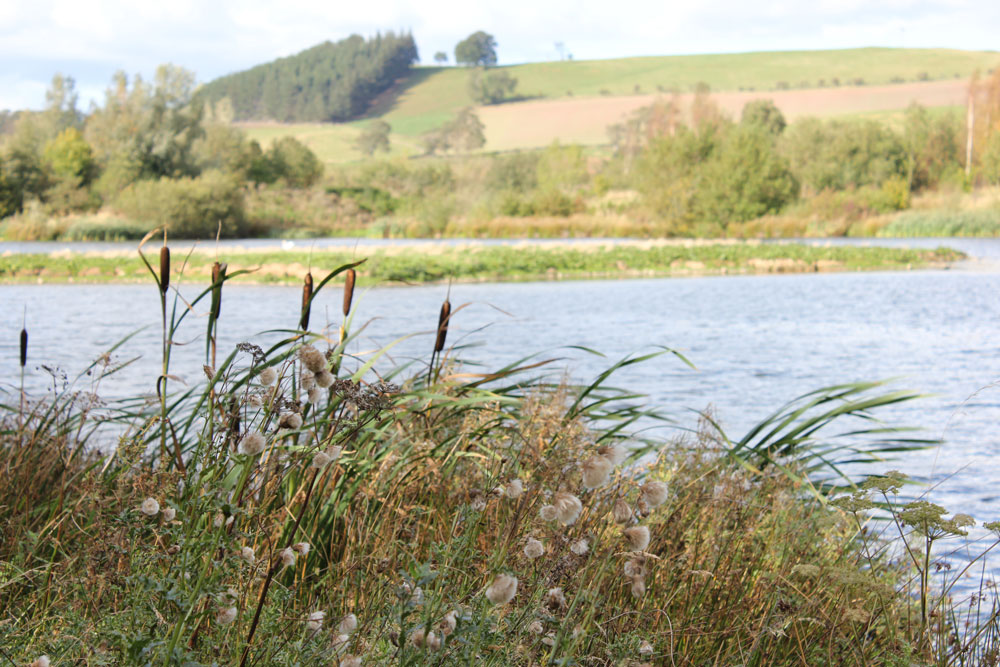Embracing our environmental responsibilities

The minerals extractives sector plays an instrumental role in our everyday lives, yet quarrying and related value-added activity has an impact on the environment that requires active management. Environmental issues represent a key priority for professionals in our sector and there are many programmes and schemes in place which not only work to reduce the negative impacts, but also add significant natural capital to the industry’s balance sheet.
The attitudinal and practical difference concerning the integration of environmental issues into the management of quarrying businesses now compared with that of 20 years ago, when I first started in the industry, is positively amazing!
A case in point is Nature After Minerals (NAM), a partnership programme led by the RSPB and supported by Natural England, the Mineral Products Association and the British Aggregates Association. The programme works with mineral planners, industry, conservation organizations and local communities to transform old mineral sites into high-quality habitats that promote biodiversity. These restored sites are scattered all across the UK and provide a home for a huge variety of animal and plant species, as well as beautiful recreational sites for local communities to enjoy. Not only a good example of making a practical difference, but also outstanding collaborative working.
Operationally, huge strides have been taken to incorporate secondary and recycled materials into the value chain. Forty-five million tonnes of aggregates were recycled at processing plants in 2015, representing an estimated 20% of the total aggregates market in the UK.
Recycling helps to promote and sustain a circular economy. A circular economy is an alternative to the more familiar, traditional linear product process of make, use and dispose, where resources are kept in use for as long as possible. Whether it is an infrastructure or building project, clients are increasingly motivated to make a contribution to this agenda and we are well placed to meet their needs. I encourage us to innovate more in this space, to provide sustainable solutions in step with the latest thinking on low-impact construction. With major infrastructure projects on the horizon, there is sufficient scale to make investments for the future.
As we move into uncharted political territory it is hard to tell what will survive as hard policy in the area of environmental sustainability. Nonetheless, the drive from clients to reduce negative impacts on people and the environment from activities in their supply chain continues. It has never made more business sense to proactively manage and report on the environmental performance of operations and products. It is part of being a professional in our sector and together we can make a positive difference.
Miles Watkins
President


